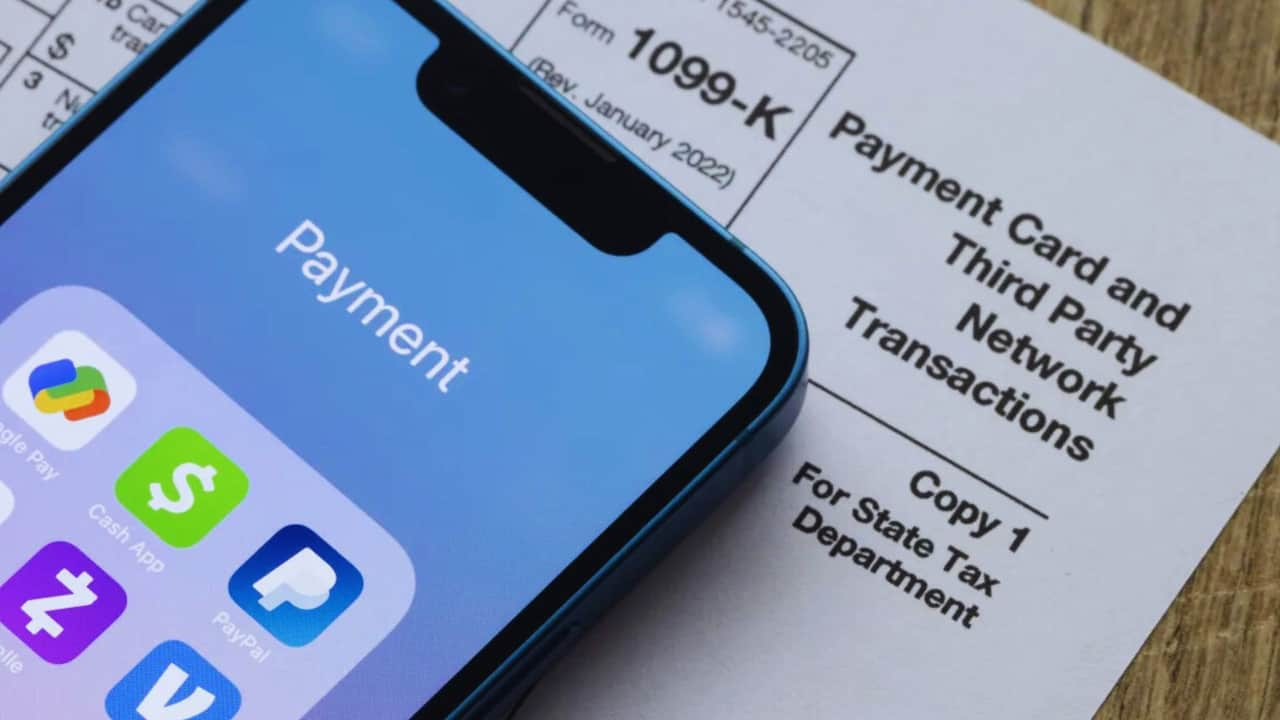Big Tech’s Digital Wallets To Face Stricter Banking Rules: What This Means For Your Money
In a landmark decision that reshapes the digital payments landscape, the U.S. Consumer Financial Protection Bureau (CFPB) has announced new regulations that will scrutinize popular payment apps as traditional banks. This move affects millions of Americans who rely on digital wallets for daily transactions.
Major Players Affected
The new rule targets digital payment services processing over 50 million transactions annually, including industry giants:
- Apple Pay
- Cash App
- PayPal
- Venmo
- Google Pay
- Zelle
- Amazon Pay
What’s Changing?
Under the leadership of CFPB Director Rohit Chopra, these digital payment providers will now face bank-like supervision in three key areas:
- Privacy Protection: Tech companies must now be more transparent about collecting and using customer data. Users will have more control over their information, including the right to opt out of certain data collection practices.
- Fraud Prevention: Payment apps must take more responsibility for investigating and resolving fraudulent transactions. This is particularly important for protecting vulnerable groups like seniors and active service members.
- Account Access: Companies must provide better protection against sudden account closures or freezes that can disrupt users’ daily lives.
Why This Matters
Digital payments have become essential in our daily lives. The CFPB reports that these apps handle over 13 billion transactions annually, with exceptionally high adoption rates among middle and lower-income consumers. As Director Chopra notes, “Digital payments have gone from novelty to necessity, and our oversight must reflect this reality.”
Key Benefits for Consumers
The new regulations bring several improvements:
- Stronger fraud protection
- Better privacy safeguards
- Clearer dispute resolution processes
- More stable account access
- Enhanced consumer rights
Timeline and Implementation
The rule takes effect 30 days after its Federal Register publication. Companies will need to:
- Update their privacy policies
- Strengthen fraud detection systems
- Improve customer service processes
- Create more explicit account closure procedures
Industry Response
The banking industry has welcomed these changes. Lindsey Johnson, president of the Consumer Bankers Association, called it “an important step forward” for consumer protection in digital payments.
What’s Not Covered
It’s important to note some limitations:
- The rule only applies to USD transactions
- Store-specific payment apps (like Starbucks) are exempt
- Cryptocurrency transactions aren’t included
Looking Ahead
This regulatory shift marks a significant moment in financial technology oversight. As digital payments continue to grow, these new protections will help ensure that convenience doesn’t come at the cost of consumer safety.
For consumers experiencing issues with digital payment services, the CFPB has set up multiple channels for help:
- Phone: (855) 411-CFPB (2372)
- Website: Submit complaints through the CFPB portal
- Whistleblower email: [email protected]
This new framework represents a major step toward creating a more secure and transparent digital payment ecosystem, aligning the oversight of modern financial technology with traditional banking standards.
